Philosophy
Philosophy examines fundamental questions about existence, ethics, knowledge, and reason, encouraging critical thinking and debate.
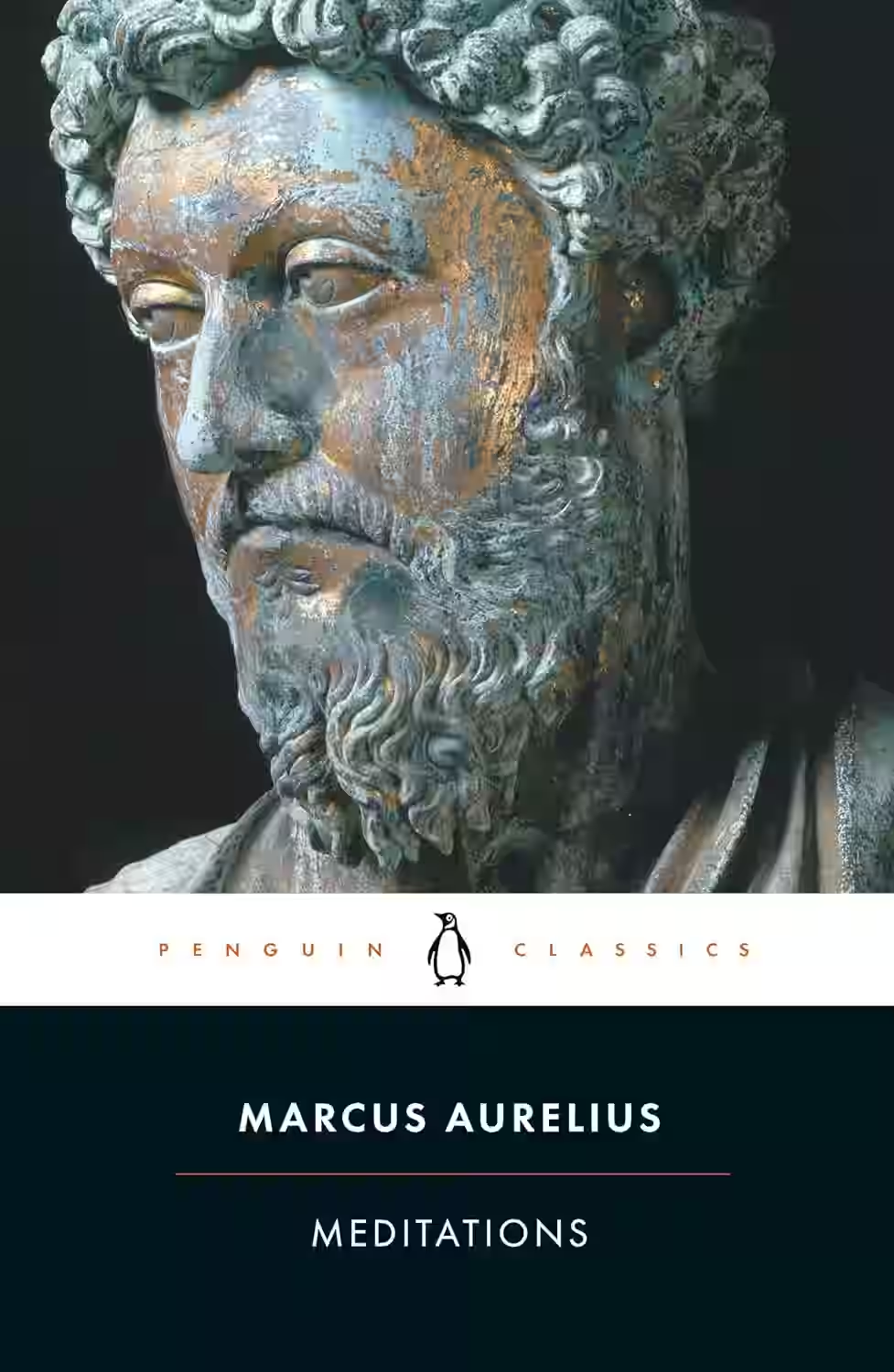
Meditations
Written by Roman Emperor Marcus Aurelius, Meditations is a series of personal reflections on Stoic philosophy. It offers insights on resilience, humility, and the nature of human existence, emphasizing self-discipline, rationality, and virtue. Composed as a private journal, the work reveals how to maintain inner peace amid external chaos, making it a timeless guide for personal growth. Its concise wisdom and ethical clarity continue to influence leaders, thinkers, and individuals seeking meaning in a turbulent world.
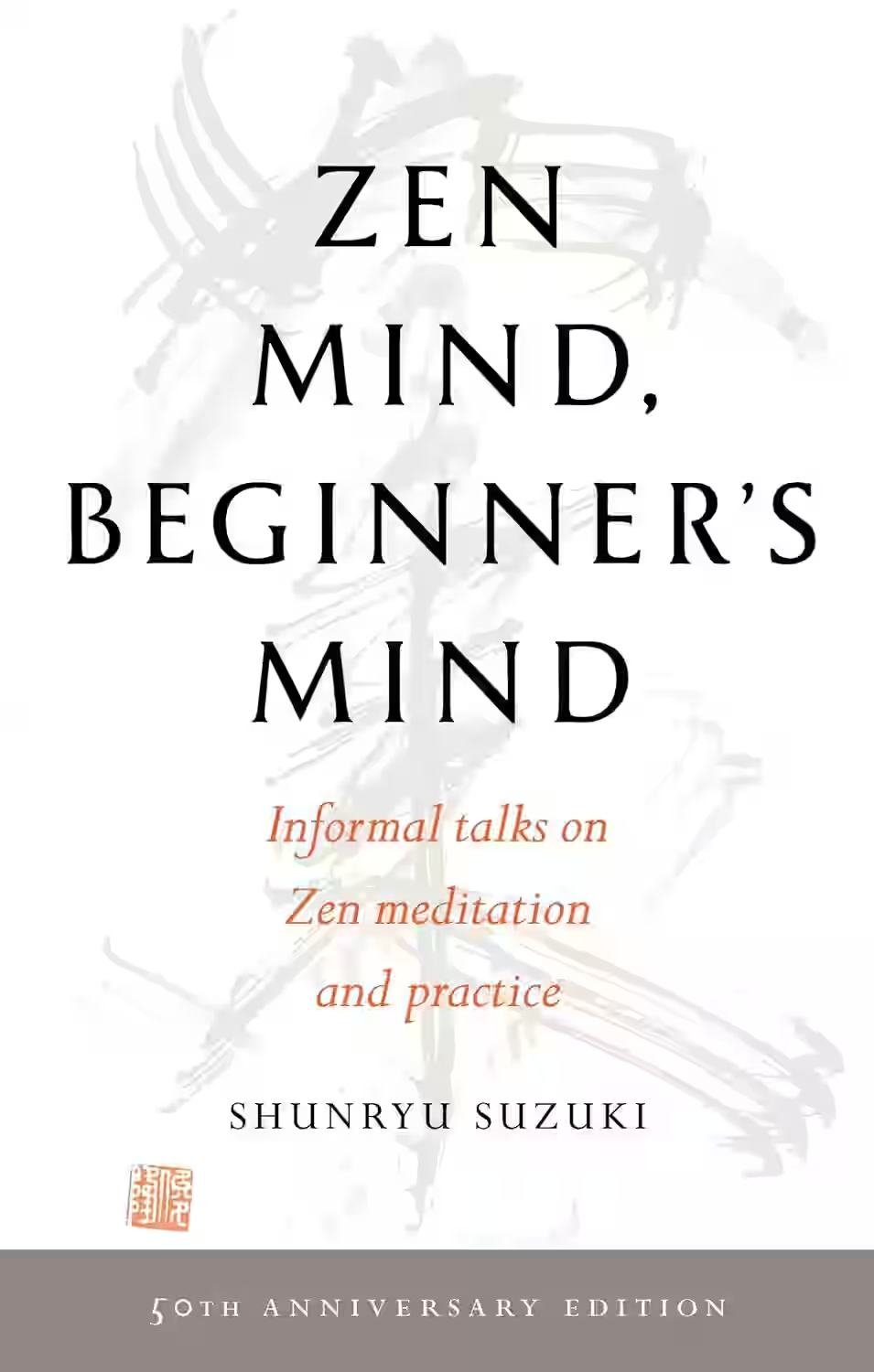
Zen Mind, Beginner’s Mind
This beloved introduction to Zen philosophy encourages readers to approach life with the openness of a beginner’s mind. Shunryu Suzuki, a Japanese Zen master, emphasizes simplicity, discipline, and non-attachment in meditation and daily living. Through short teachings and anecdotes, he explores concepts like breath awareness, mindfulness, and presence. The book’s core message is that spiritual depth arises not from mastering techniques, but from cultivating curiosity and acceptance in each moment. Revered for its clarity and poetic resonance, it has become a timeless guide for practitioners of Zen and anyone seeking peace, mindfulness, and a return to the present.
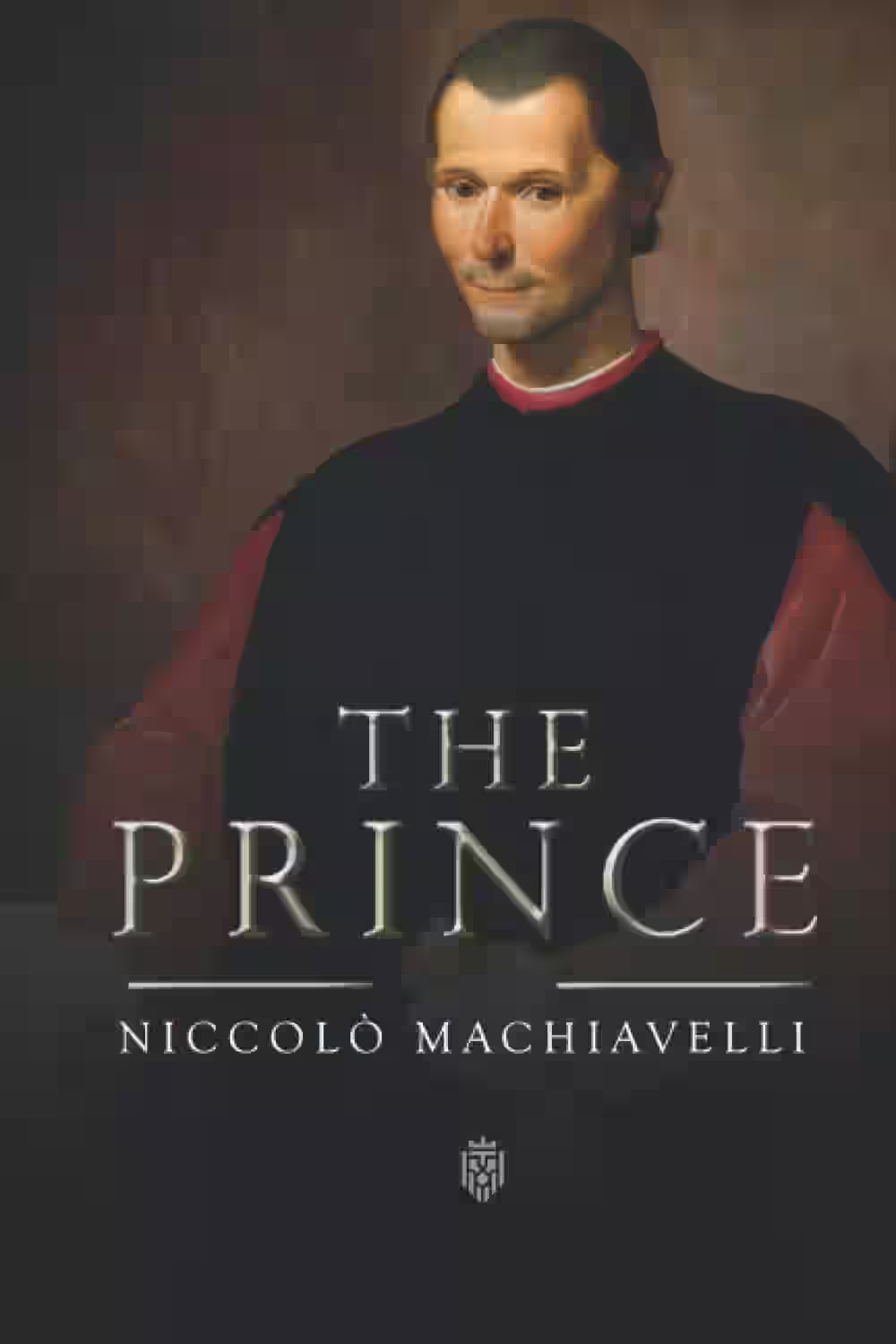
The Prince
A foundational work of political theory, The Prince offers blunt, often controversial advice for rulers seeking to maintain power. Rejecting moral ideals in favor of pragmatism and realpolitik, Machiavelli argues that ends often justify means. Still influential centuries later, this short but powerful treatise examines leadership, manipulation, and the mechanics of power, shaping political discourse across generations.
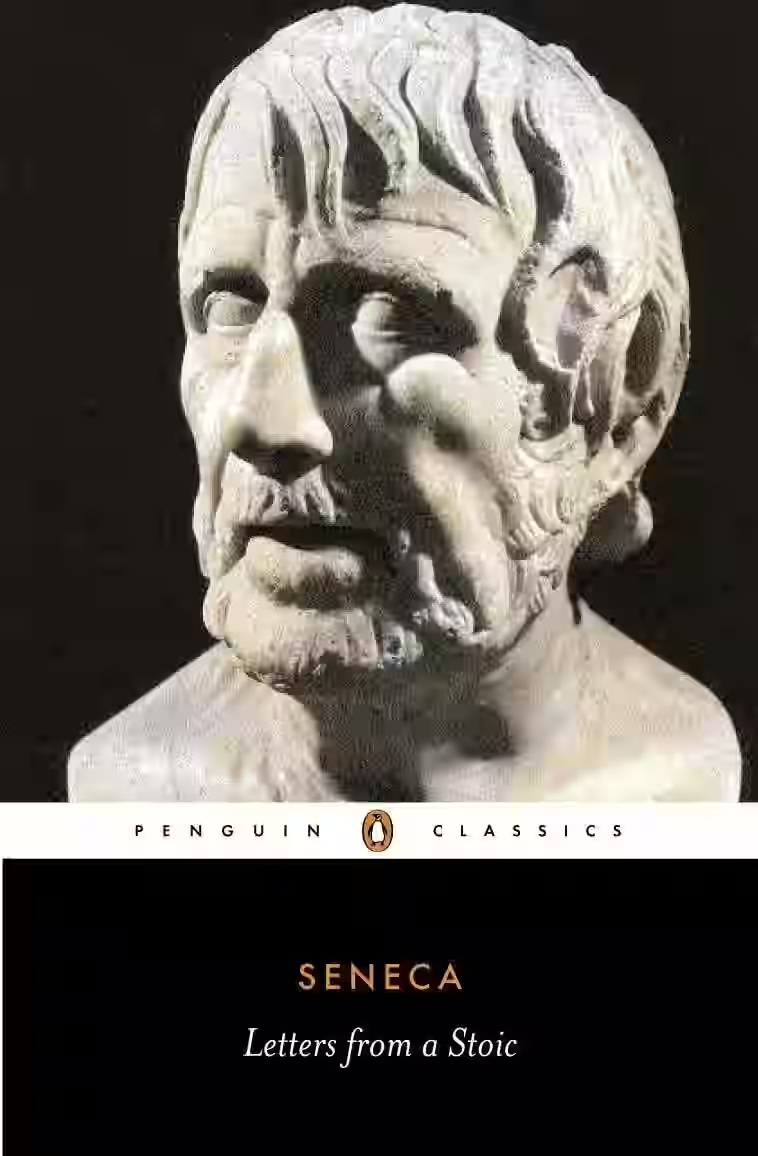
Letters from a Stoic
by Seneca
A cornerstone of Stoic philosophy, Letters from a Stoic is a collection of personal correspondence from the Roman philosopher Seneca to his friend Lucilius. These letters offer timeless wisdom on topics such as grief, wealth, friendship, fear, and the art of living. Seneca advocates for virtue, rationality, and emotional resilience, emphasizing control over one’s inner life regardless of external events. His practical advice and moral reflections are accessible yet profound, making this a foundational text for anyone seeking clarity, discipline, and inner peace. It remains a vital guide for modern readers exploring the philosophy of Stoicism.

Die With Zero
by Pill Perkins
In 'Die with Zero' by Bill Perkins, readers are taken on a thought-provoking journey challenging the traditional concept of saving money for old age. The author argues that instead of leaving an inheritance, individuals should spend their money and time on experiences that bring them joy and fulfillment. Through a combination of financial strategies and philosophical reflections, Perkins presents a compelling case for living life to the fullest now, rather than deferring enjoyment for later. This book encourages readers to reassess their priorities, shift their mindset about wealth, and embrace a more present-focused approach to living. 'Die with Zero' sparks important conversations about legacy, happiness, and financial planning.
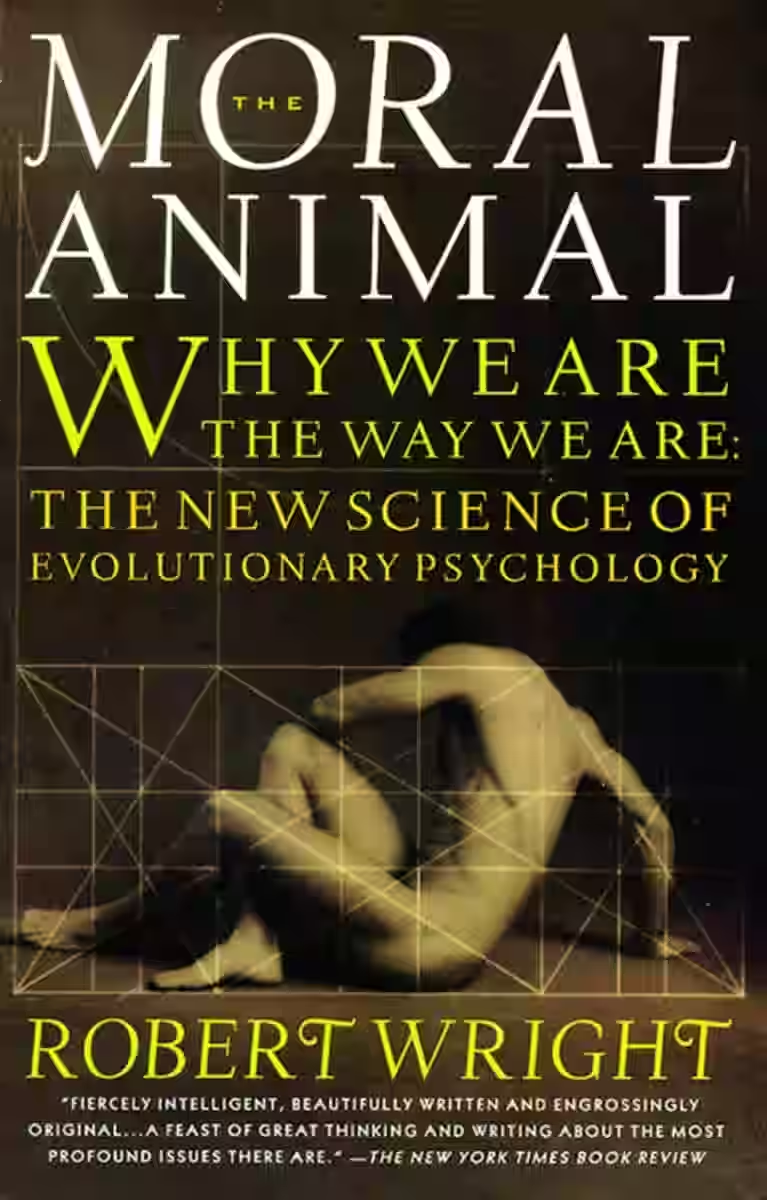
The Moral Animal
In The Moral Animal, Robert Wright applies evolutionary psychology to human behavior, relationships, and ethics. Drawing on Darwinian theory, he explains how natural selection has shaped not just our bodies but also our minds—our moral instincts, mating preferences, and social behaviors. The book investigates how selfish genes can produce selfless actions and how our evolutionary history influences love, jealousy, parenting, and morality. Wright uses Charles Darwin’s life as a case study, linking theory with biography. Thought-provoking and accessible, it challenges assumptions about free will, altruism, and the roots of human nature.
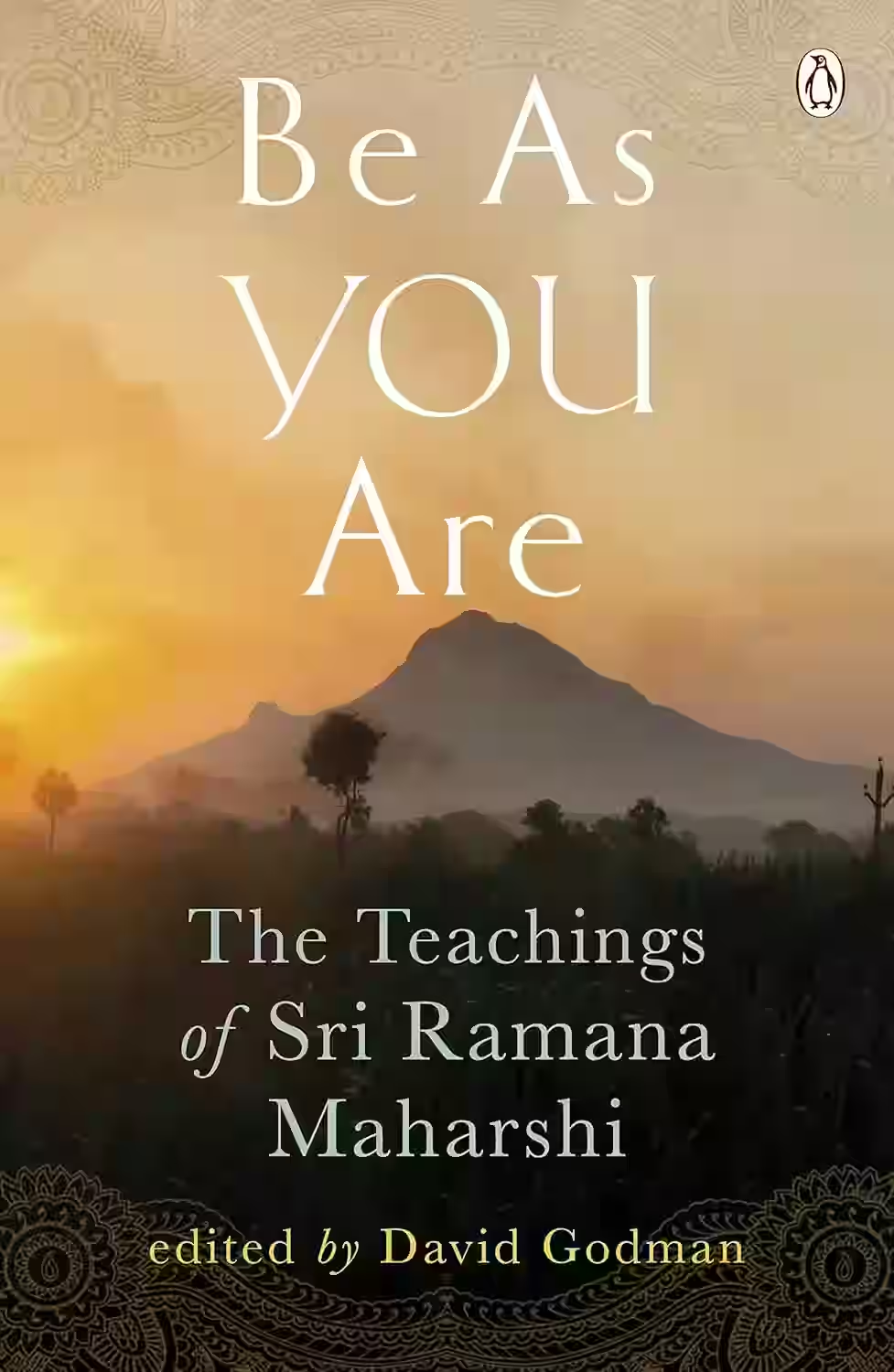
Be As You Are
In 'Be As You Are,' Sri Ramana Maharshi invites readers to explore the depths of their being through profound insights and teachings on self-realization and liberation. Through conversations with Maharshi, the book delves into the nature of the self, the ego, and the path to realizing one's true essence beyond societal conditioning. It emphasizes the practice of self-inquiry and mindfulness as tools for transcending the limited self and experiencing the boundless ocean of consciousness within. This timeless classic offers a transformative journey towards inner peace and enlightenment, inspiring readers to question their identities and awaken to the eternal truth of existence.
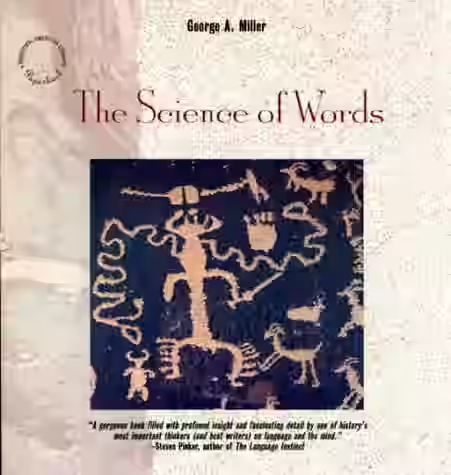
The Science of Words
In The Science of Words, cognitive psychologist George A. Miller offers an accessible look into how language works—from meaning and memory to syntax and speech. Drawing on decades of research in psycholinguistics, he explores how people learn, process, and produce words. Miller explains the relationships between language and thought, covering topics like categorization, semantic networks, and ambiguity. The book bridges linguistics and psychology, showing how language reflects and shapes the human mind. It's a foundational work for understanding language acquisition, cognitive science, and the nature of communication. Clear and engaging, it’s ideal for students and curious readers alike.
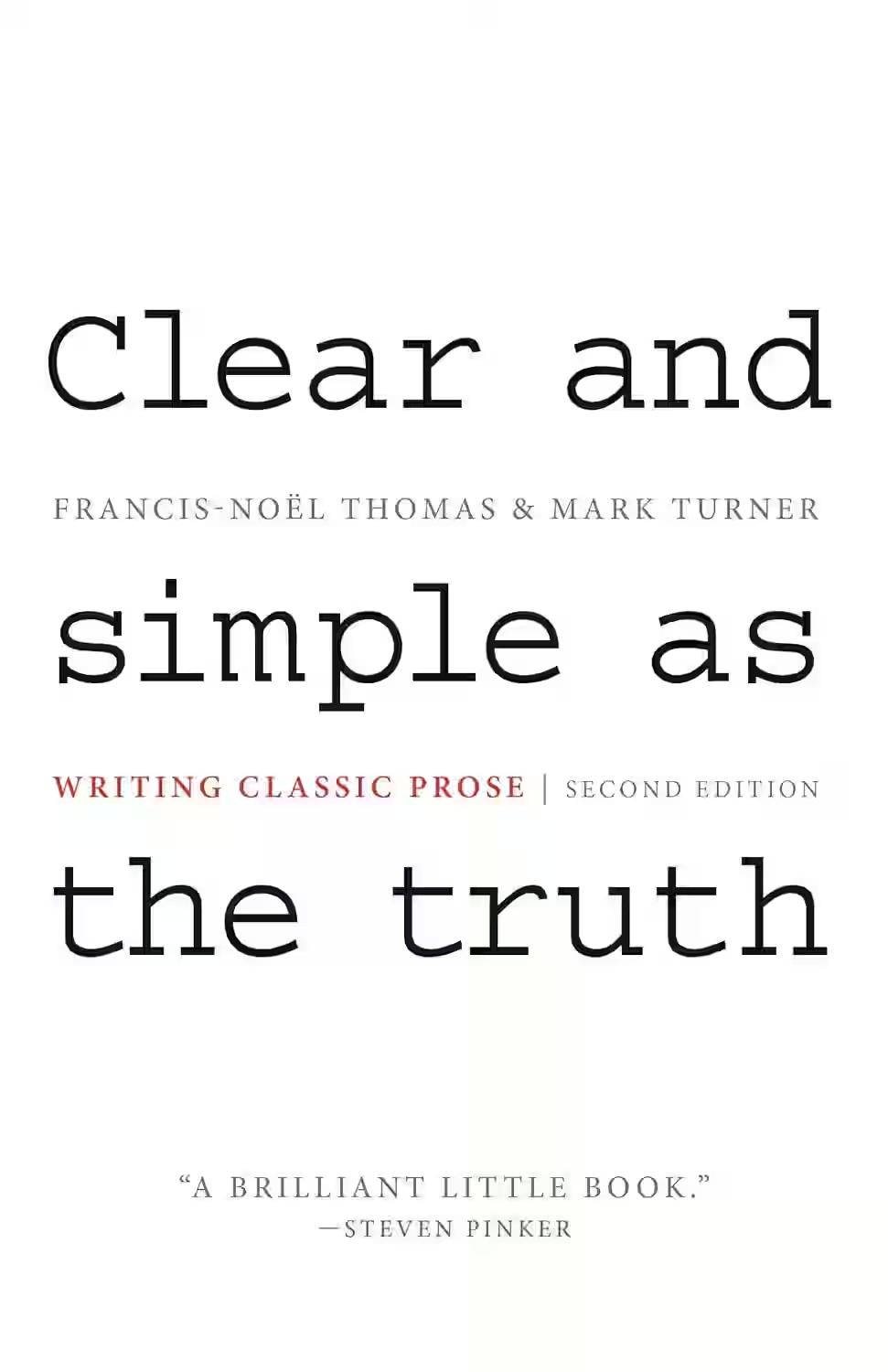
Clear and Simple as the Truth
by Francis-Noël Thomas, Mark Turner
This book analyzes the “classic style” of writing—a mode that presents truth as if it were self-evident, discovered through observation, and conveyed with clarity and grace. The authors contrast this with other styles (such as practical or bureaucratic writing), offering examples and analysis that reveal how style shapes thought. More than a guide to writing, the book is a meditation on communication, knowledge, and elegance. It’s a favorite among writers, editors, and thinkers who value prose that is persuasive not through ornament but through transparency. It’s especially relevant for anyone striving to write with clarity and precision.
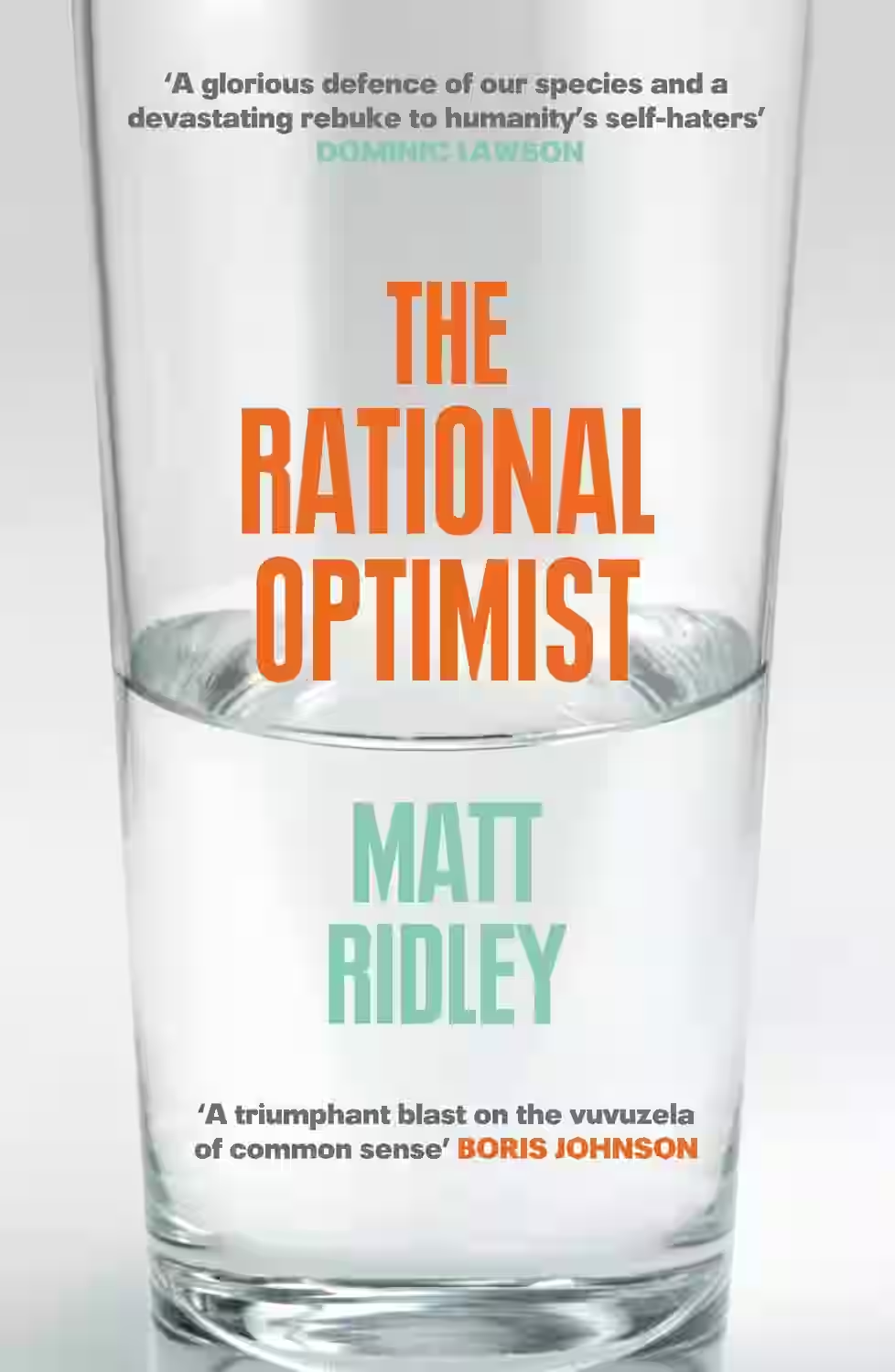
Rational Optimist
by Matt Ridley
Ridley argues that human progress stems from exchange, innovation, and cooperation—not central planning or pessimism. Spanning economics, history, and biology, The Rational Optimist makes a compelling case for why life continues to improve despite global challenges. It’s an optimistic, data-rich celebration of markets, technology, and humanity’s problem-solving nature.
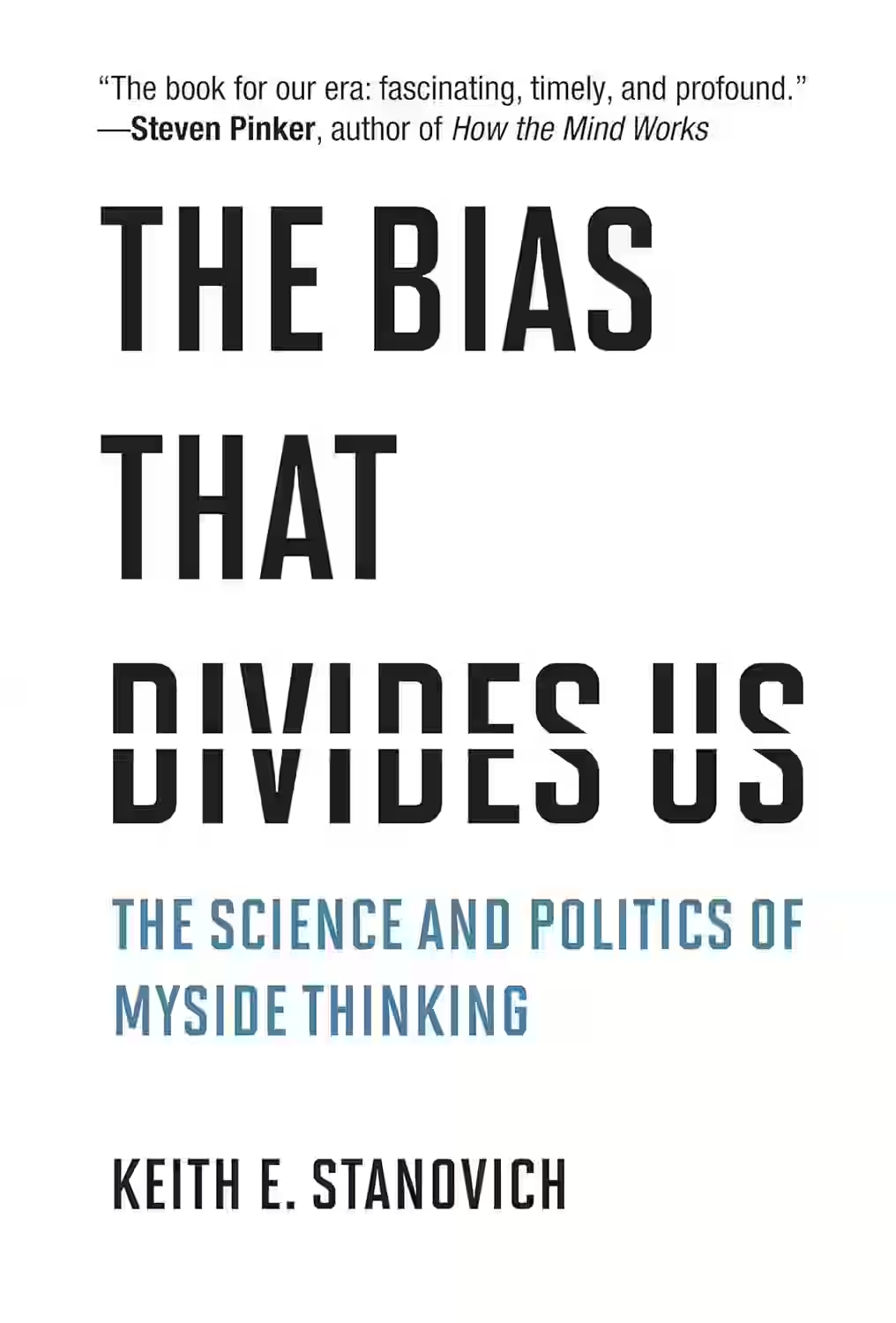
The Bias That Divides Us
Keith Stanovich explores “myside bias,” a cognitive tendency where people favor information that supports their pre-existing beliefs. The book shows how this bias undermines rational discourse, fuels political polarization, and distorts decision-making—even among highly intelligent individuals. Stanovich distinguishes between intelligence and rational thinking, arguing that education alone doesn’t guarantee cognitive objectivity. Through accessible research and examples, he offers strategies for cultivating rationality and intellectual humility. The Bias That Divides Us is a vital contribution to understanding how psychological blind spots hinder progress and how we can overcome them to think more clearly and engage more constructively.
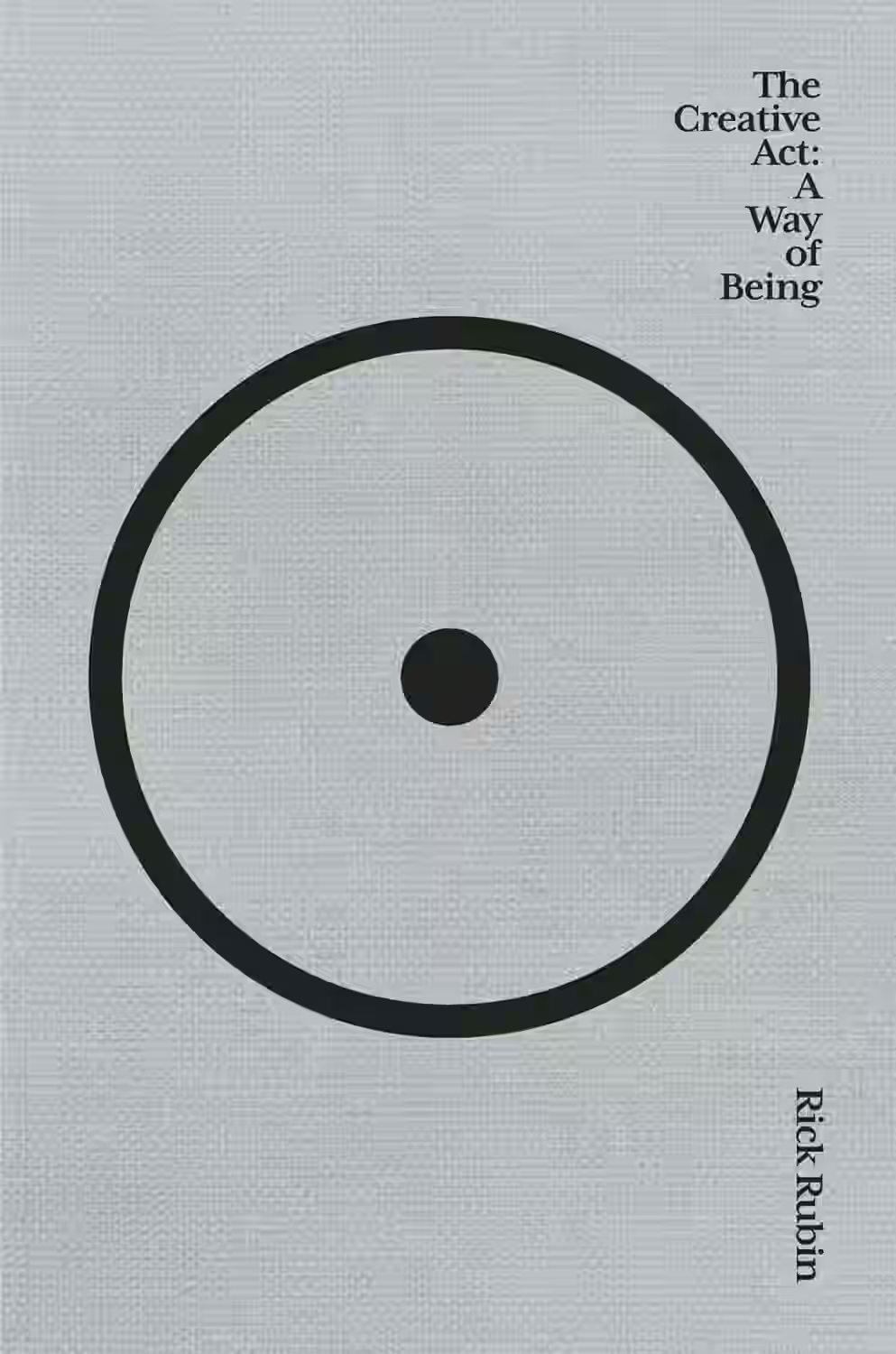
Creative Act: A Way of Being
by Rick Rubin
Creative Act: A Way of Being offers profound insights into the creative process, drawing upon Rick Rubin's legendary experiences as a music producer. This isn't a how-to guide, but rather a philosophical exploration of unlocking inner creativity, embracing intuition, and finding inspiration in the everyday, encouraging a more mindful and authentic approach to life and art.
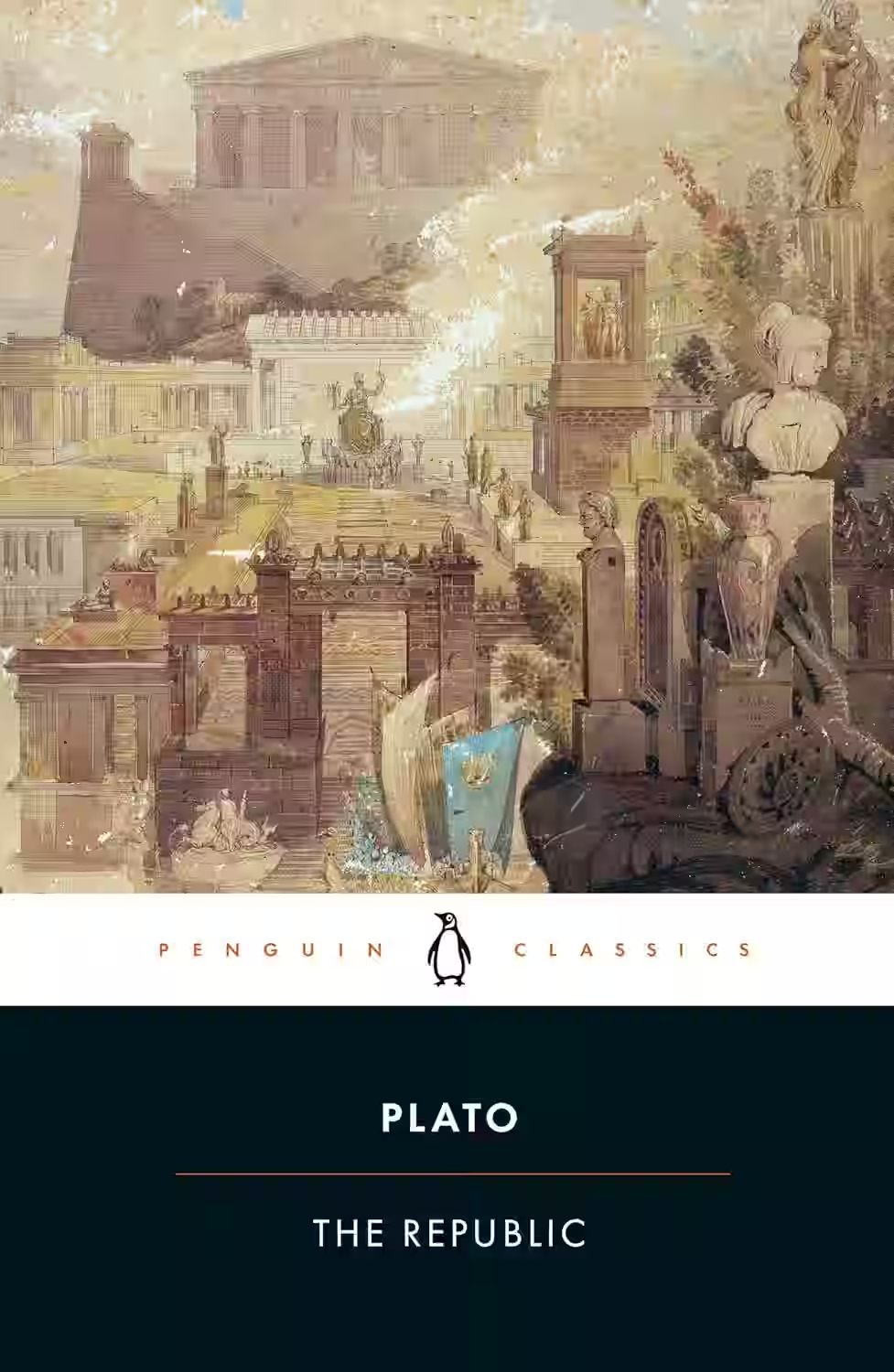
The Republic
by Plato
Plato’s The Republic explores justice, governance, and the ideal state through Socratic dialogue. Set in ancient Athens, it proposes a society ruled by philosopher-kings, where reason and virtue guide decision-making. The text investigates the nature of truth, education, and the soul, famously introducing the Allegory of the Cave. A cornerstone of Western philosophy, it challenges readers to question reality, politics, and morality, remaining profoundly relevant in political and ethical discourse.
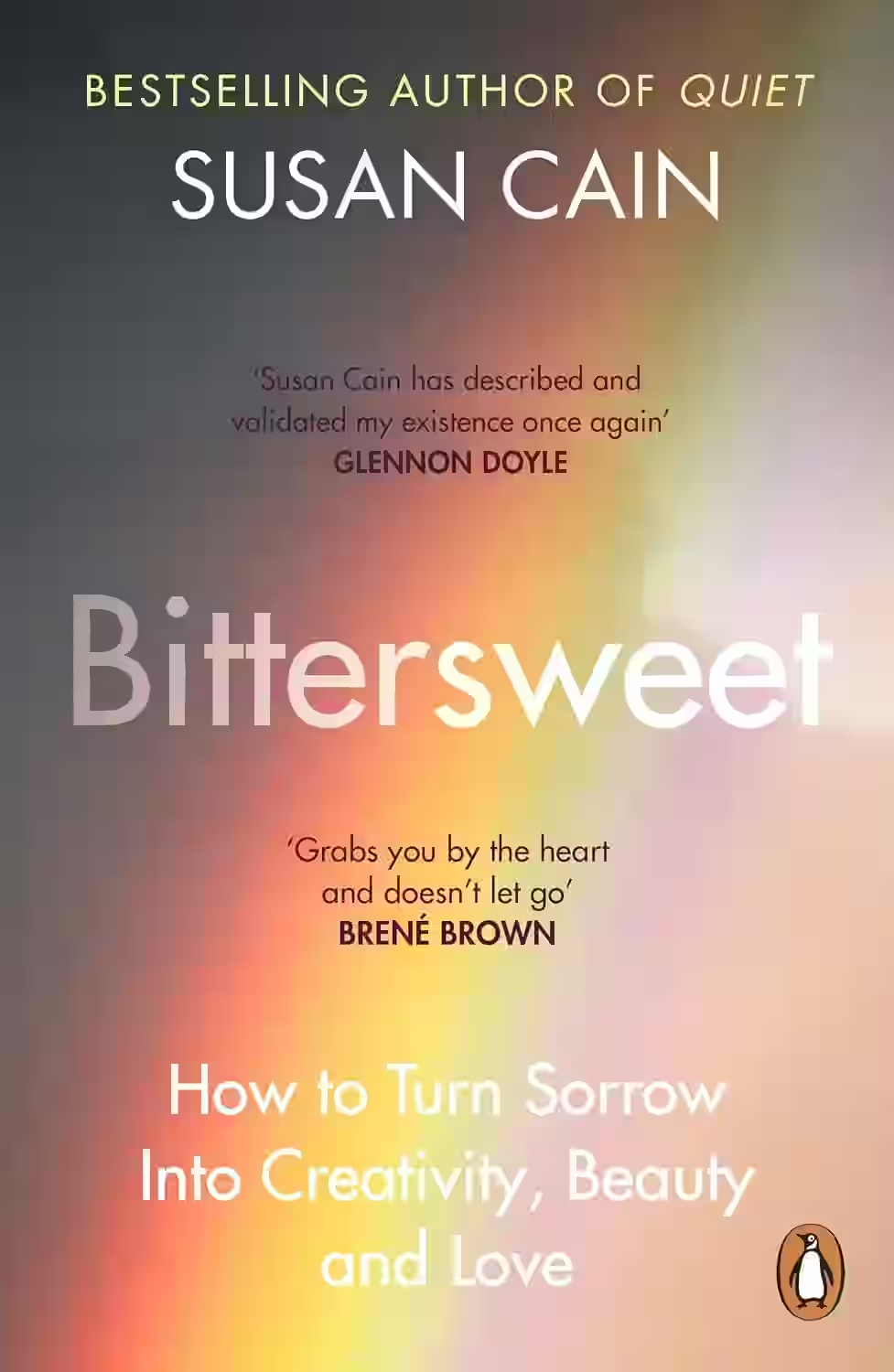
Bittersweet
by Susan Cain
In Bittersweet, Susan Cain examines the power of embracing sorrow and longing as essential aspects of the human experience. She argues that acknowledging and accepting these emotions can lead to greater creativity, connection, and fulfillment. Drawing on research and personal anecdotes, Cain challenges the cultural emphasis on constant positivity, advocating for a more nuanced understanding of happiness. The book offers a compelling perspective on the value of melancholy and its role in leading a meaningful life.

Cutting Through Spiritual Materialism
This powerful guide warns against the ego’s ability to co-opt spiritual practice for self-aggrandizement. Tibetan Buddhist master Chögyam Trungpa explains how spiritual ambition, attachment to progress, and identity-seeking can become obstacles to true awakening. Through practical advice and sharp insight, he exposes the subtle traps of self-deception, urging practitioners toward genuine humility and awareness. Blending Eastern wisdom with Western accessibility, the book encourages letting go of expectations and facing reality directly. It remains a foundational text for those serious about spiritual development and inner transformation, highlighting that the true path is one of openness and surrender.
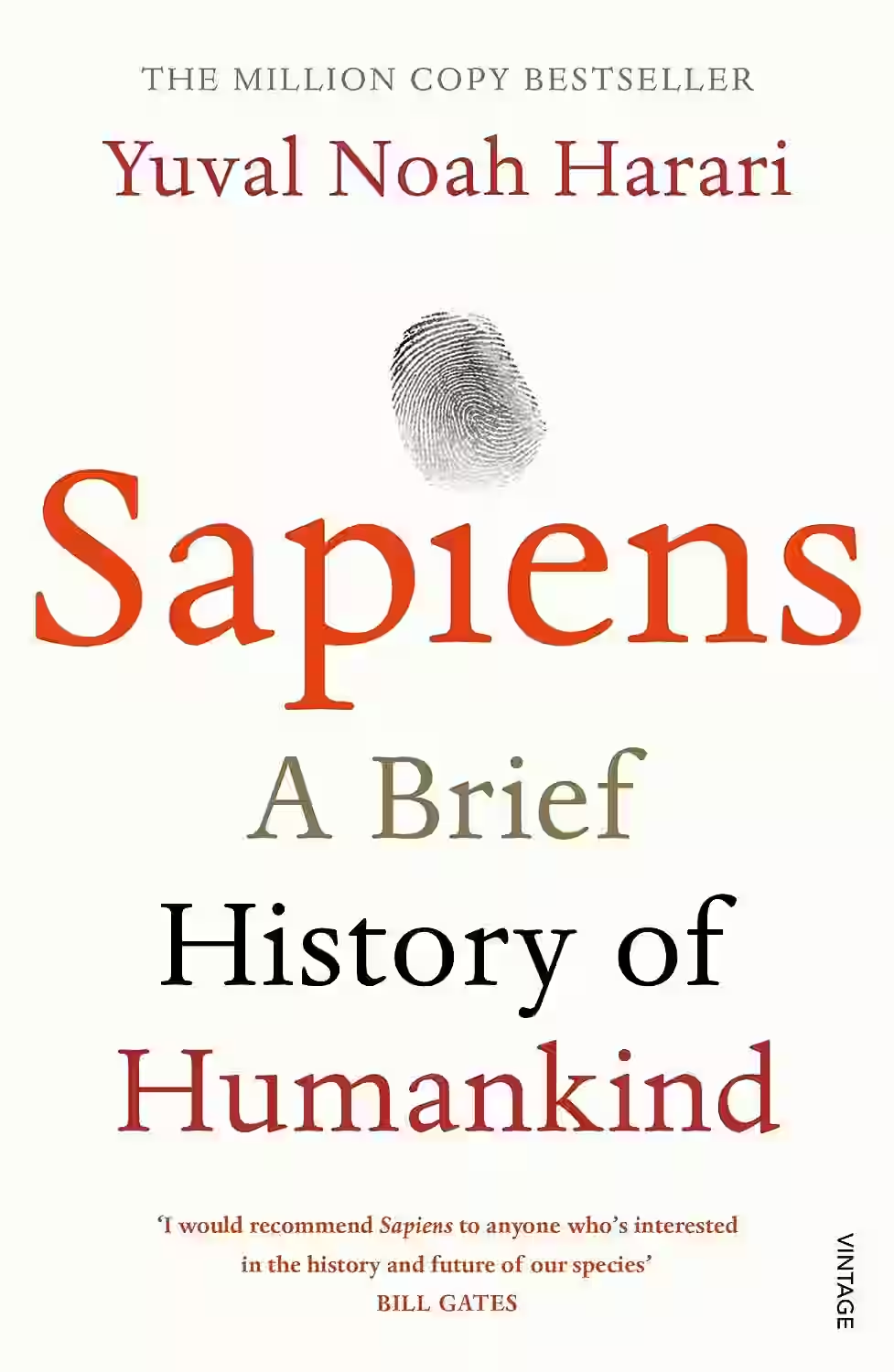
Sapiens: A Brief History of Humankind
Yuval Noah Harari's Sapiens charts the epic history of humankind, from early Homo sapiens to today's complex world. It explores the Cognitive, Agricultural, and Scientific Revolutions that defined our development. Harari examines the role of shared beliefs in enabling mass cooperation and questions the essence of our humanity and future. This insightful work offers a broad perspective on our origins, progress, and the challenges we face.
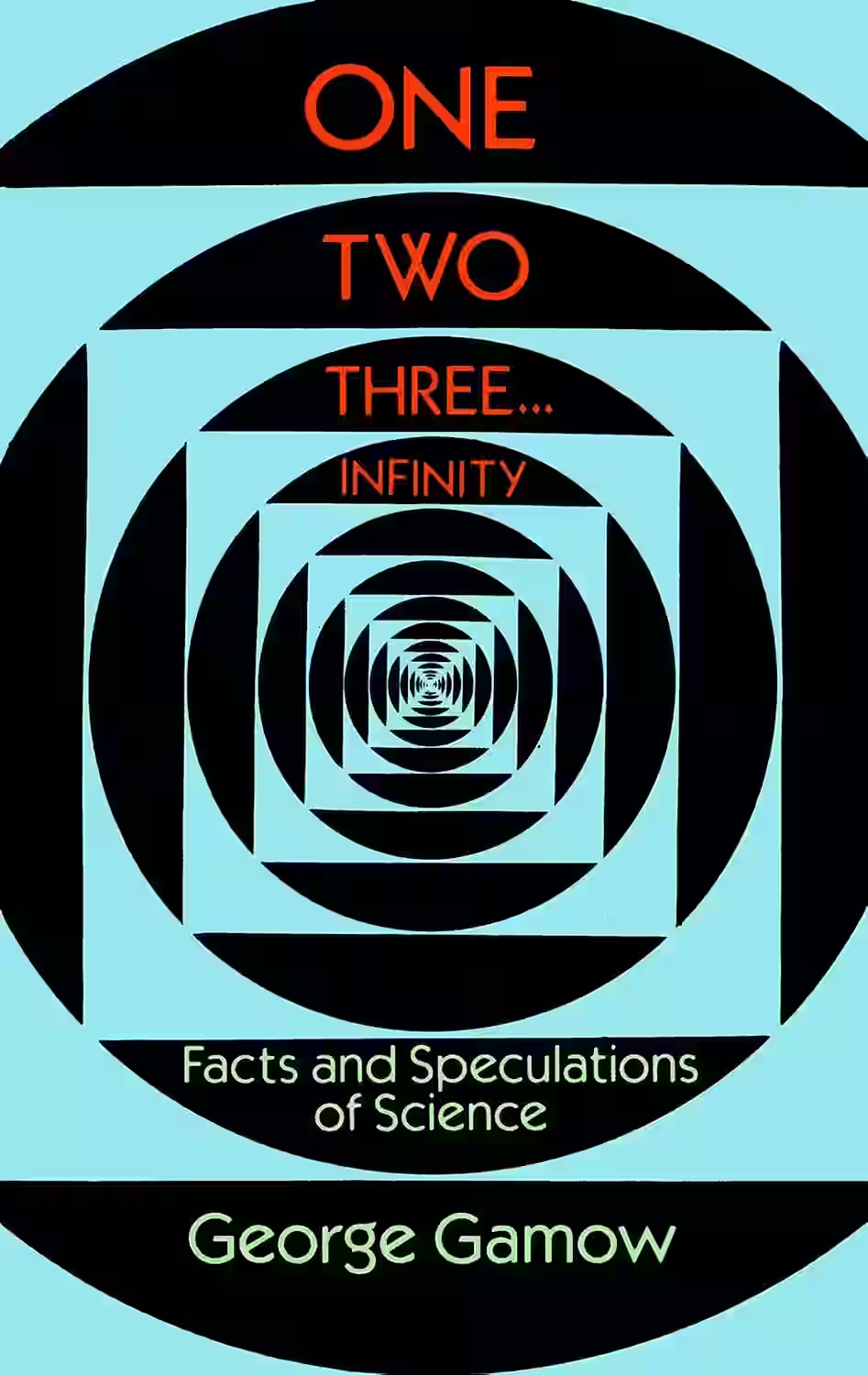
One, Two, Three... Infinity
by George Gamow
This classic science book offers a playful, accessible exploration of fundamental concepts in math and physics. George Gamow—a theoretical physicist and gifted writer—explains topics like infinity, relativity, atomic structure, and probability with humor and clarity. Written for a general audience, the book makes abstract ideas tangible through thought experiments and analogies. First published in 1947, it remains a beloved introduction to scientific thinking and curiosity. Gamow’s enthusiasm for discovery is infectious, making this an inspiring read for both students and adults interested in the wonder of the universe and the logic that underpins it.

A Mathematicians Apology
by G.H. Hardy
In this reflective essay, esteemed mathematician G.H. Hardy defends pure mathematics, emphasizing its intrinsic beauty over practical applications. Written during his later years, Hardy offers insights into the creative process of mathematical thought and the aesthetic pleasure derived from abstract reasoning. The work serves as both a personal memoir and a philosophical treatise, highlighting the enduring value of intellectual pursuits for their own sake.

The Courage To Be Disliked
by Ichiro Kishimi, Fumitake Koga
This bestselling Japanese philosophy book presents a dialogue between a philosopher and a young man, exploring ideas based on Alfred Adler's psychology. It argues that happiness lies in the courage to be true to oneself and to reject the need for approval from others. Through a Socratic conversation, it challenges readers to let go of past trauma, take personal responsibility, and live with freedom. The book encourages breaking free from societal expectations and embracing a more purposeful, self-directed life.

The Structure of Scientific Revolutions
Kuhn’s seminal work revolutionized how we understand science. He argues that scientific progress doesn’t occur gradually, but through paradigm shifts—periods of radical change in fundamental frameworks. Normal science operates within accepted paradigms until anomalies accumulate, prompting a crisis and eventual revolution. Kuhn uses historical case studies to illustrate this cycle, challenging the belief in linear scientific advancement. First published in 1962, The Structure of Scientific Revolutions has had a lasting impact on the philosophy of science, influencing fields from sociology to history. It remains essential reading for anyone seeking to understand how scientific knowledge evolves.
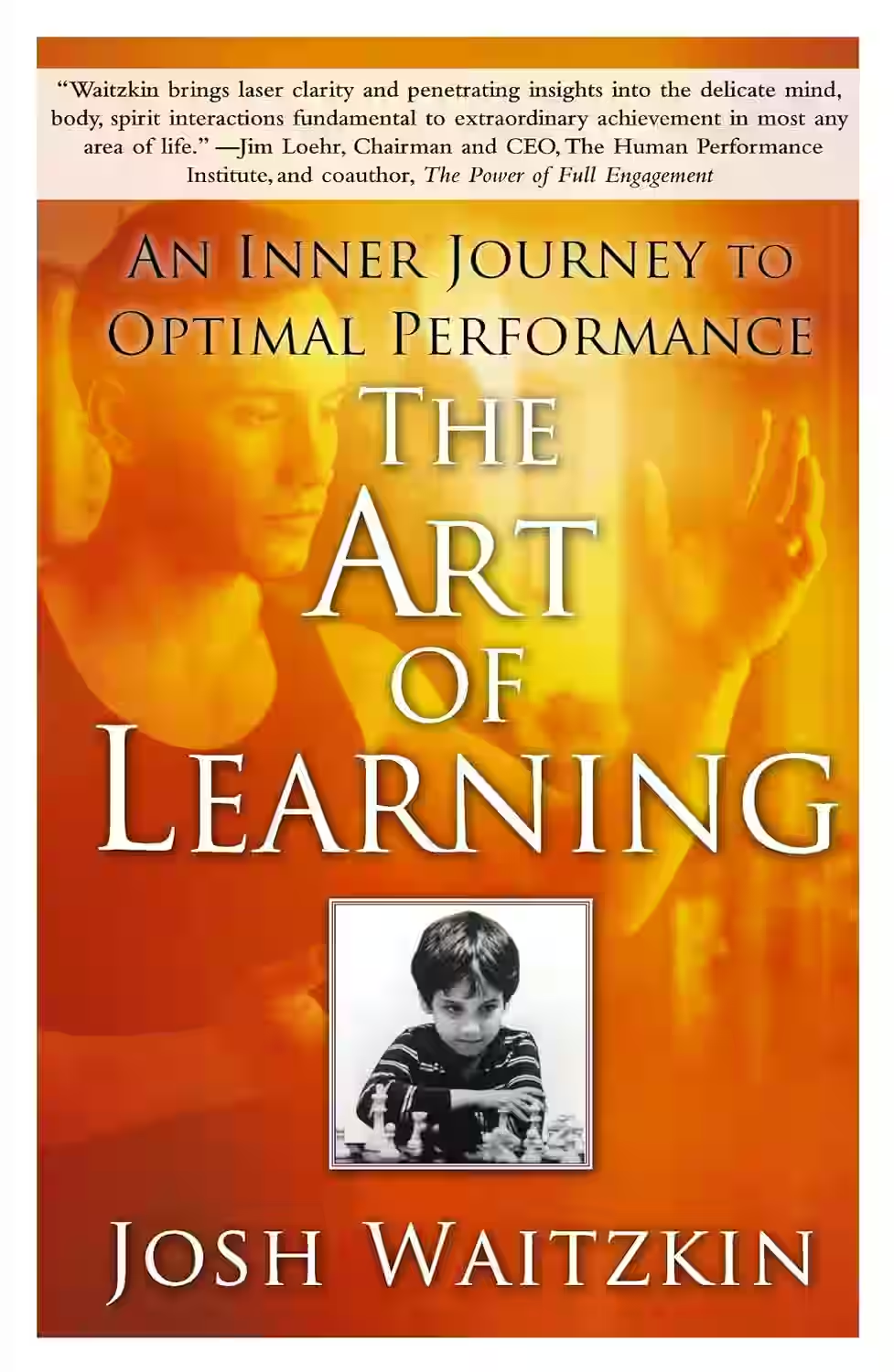
The Art of Learning
In The Art of Learning, chess prodigy and martial arts champion Josh Waitzkin shares his journey of mastering two disciplines to reveal universal principles of performance and personal growth. Blending autobiography with actionable insights, he discusses focus, resilience, and the psychology of peak performance. Waitzkin emphasizes the importance of incremental progress, embracing adversity, and turning setbacks into growth. His philosophy integrates Eastern and Western approaches to learning and competition. Whether applied to sports, business, or creative pursuits, The Art of Learning is a compelling guide to developing mastery through mindfulness, self-awareness, and continuous refinement of one’s process.

The Wealth of Nations: Books I-III
by Adam Smith
Series: The Wealth of Nations (#1)
In Books I–III of The Wealth of Nations, Adam Smith lays the foundation of classical economics by exploring the nature of labor, productivity, and market systems. He introduces the concept of the "invisible hand" and argues that individual self-interest can promote the public good through free-market mechanisms. Book I focuses on the division of labor and value, Book II on capital and stock, and Book III on the historical evolution of economic systems. Smith’s analysis of productivity, competition, and the role of self-regulation revolutionized economic thought and established key principles that underpin modern capitalism and economic theory.
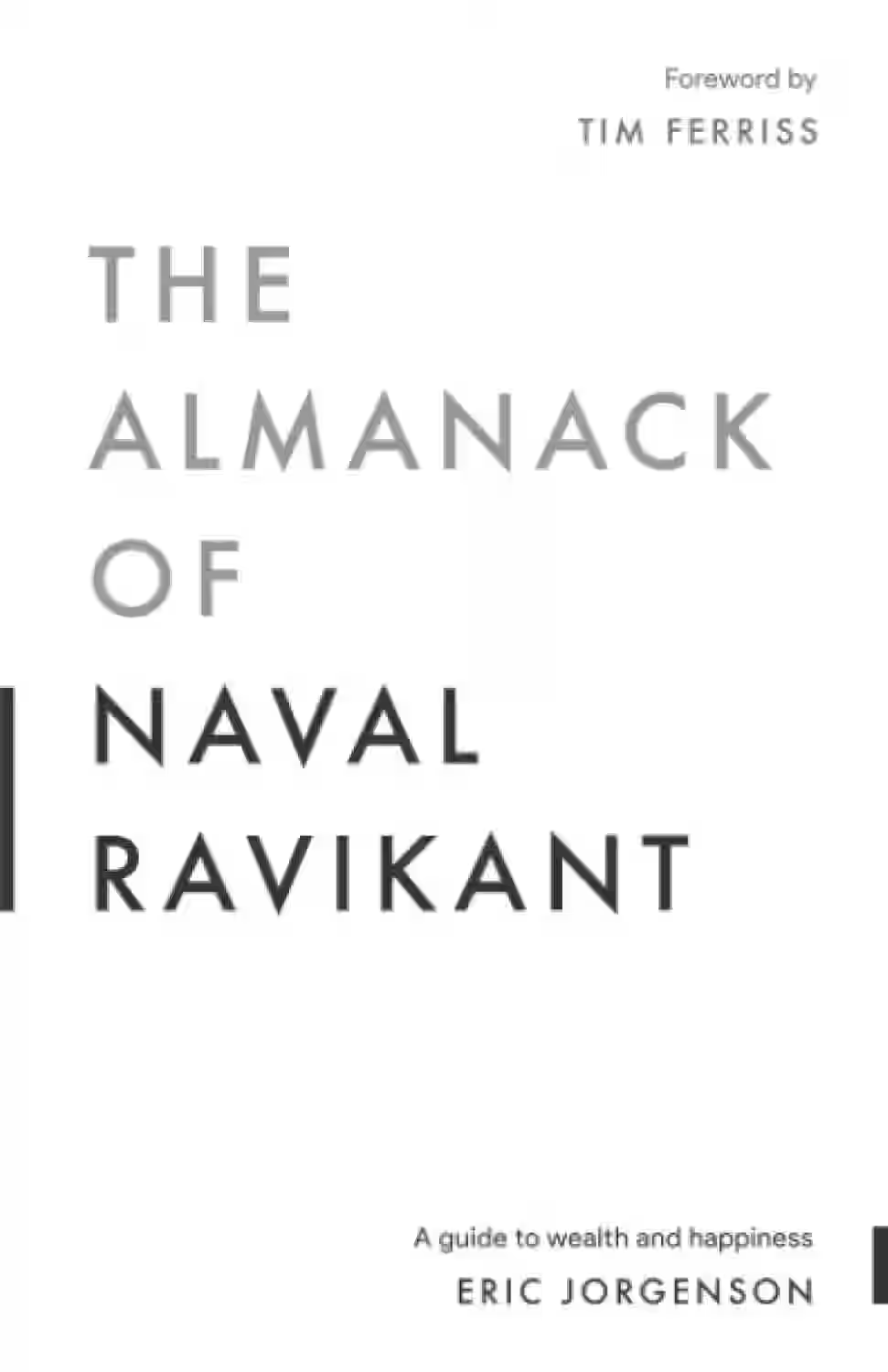
The Almanack of Naval Ravikant
by Eric Jorgenson, Jack Butcher, Tim Ferriss
This curated guide distills Naval Ravikant’s wisdom on wealth, happiness, and self-improvement, drawn from his tweets, podcasts, and essays. It blends philosophy, mental models, and practical advice for living a rich life—both materially and emotionally. The Almanack encourages clear thinking, long-term decision-making, and personal freedom, becoming a go-to for entrepreneurs and thinkers.

Knowing God
by J.I. Packer
In 'Knowing God' by J.I. Packer, readers are taken on a profound exploration of the nature and character of God. Packer delves into theological insights with a personal touch, guiding readers to not just grasp intellectual concepts but to truly know and experience God intimately. Through careful analysis and heartfelt reflections, the book tackles important topics like the attributes of God, salvation, prayer, and the purpose of knowing God. Packer's writing is both scholarly and accessible, making this work a timeless classic that continues to impact readers seeking a deeper understanding of their faith.